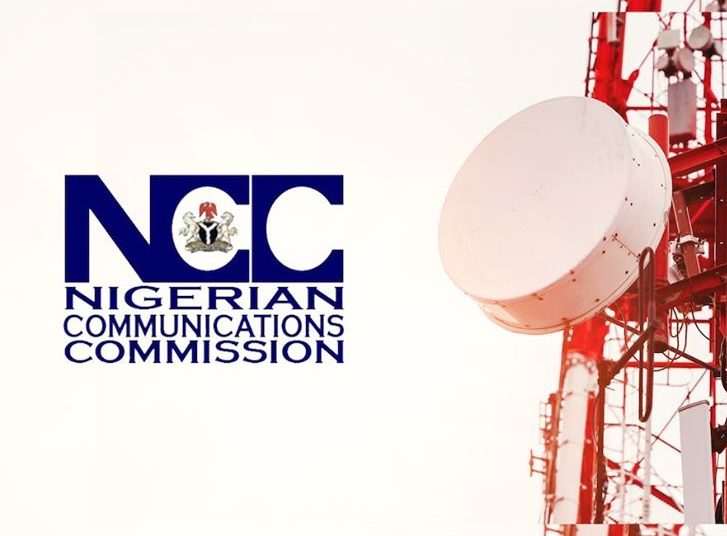Telecom operators are urging state governments to remove barriers that make it harder to expand internet services, such as high right-of-way fees and multiple taxes. These challenges are slowing the progress needed to reach the national goal of 70% broadband coverage by 2027.
A report from the World Bank shows that broadband access is key to economic growth. In developing countries, increasing broadband penetration by 10% could raise GDP by 1.38%, which highlights the need for better internet access.
To improve the country’s digital infrastructure, the Nigerian government launched the Nigerian National Broadband Plan (NNBP) 2020-2025. The plan aims to provide faster internet speeds (25 Mbps in cities and 10 Mbps in rural areas) and make broadband more affordable by 2025. By the first quarter of 2024, 89.42% of the population had access to 3G, and 84.19% had access to 4G, with plans to reach 90% 4G coverage by 2025. The goal is to increase broadband penetration to 70% by 2025.
At a recent meeting in Abuja, government and telecom industry leaders discussed how to reach these targets. The Nigerian Communications Commission (NCC) emphasized that broadband is vital for economic growth, better public services, and digital transformation. They called on state governments to make policies that support broadband development and reduce unnecessary regulations. The NCC also encouraged telecom operators to innovate and work with governments to extend services to underserved areas.
However, challenges remain. Tony Izuagbe Emoekpere, president of the Association of Telecommunications Companies of Nigeria (ATCON), pointed out that insecurity in northern and southeastern Nigeria, including criminal activities like kidnapping and terrorism, makes it risky for telecoms to build infrastructure. He also noted that high fees and complex processes to get right-of-way permits slow down progress, and poor roads in rural areas make it difficult to expand services.
Despite these challenges, Emoekpere assured that telecom operators are committed to working with stakeholders to create a better environment for expanding telecom networks. He believes that collaboration will help achieve the goals and bring more people online.
States like Enugu, Cross River, Taraba, Adamawa, Anambra, Nasarawa, Kogi, and Ogun, which attended the meeting, expressed interest in working more closely with telecom operators. They encouraged operators to follow the necessary steps and get permits before investing in new telecom infrastructure to avoid conflicts with local authorities.




